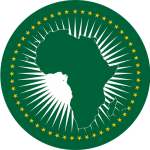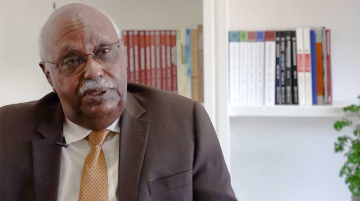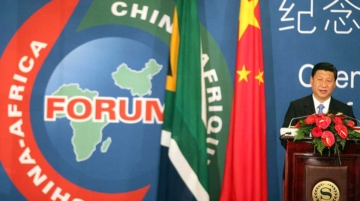
As we approach the ninth Forum on China-Africa Cooperation (FOCAC), which will take place in the first week of September, the big question on everyone’s mind is, “What’s the number?”
How much will China commit to Africa this time? Will it be $20 billion, as promised in 2012, or perhaps another $60 billion, as pledged at the 2015 and 2018 forums? What share will Africa receive of the $100 billion in new funding for Belt and Road (BRI) projects announced at last year’s Belt and Road Forum?
Regardless of what happens during these triennial gatherings, the one thing that everyone obsesses over is that big number. For many observers, especially those who don’t follow the Africa-China story very closely, the pledge figure serves as an indicator of how much Chinese officials value their ties with Africa.
To be fair, the Chinese are by no means alone in doing this. The U.S. made its own big Africa pledge of $55 billion at a summit in 2022. The Europeans did the same when they launched Global Gateway with a $300 billion price tag.
However, just as the financial commitments from the U.S. and Europe often lack substance—largely repackaging funds from existing programs—we should similarly approach the hefty financial pledges made at FOCAC with skepticism.
The problem with the FOCAC pledges is that we have no way of knowing if the Chinese actually fulfill their promises. Three years ago, at the last FOCAC meeting in Dakar, Beijing said it would reallocate $10 billion of its IMF Special Drawing Rights to Africa. There’s been no confirmation, though, that the reallocation ever happened.
China also promised $10 billion to finance African imports, but similarly, we don’t know if that was actually implemented. China doesn’t reveal that kind of information.
And what of the $10 billion that was supposedly set aside to finance Chinese investment in African countries? We’ll never know.
The point here isn’t to denigrate the hard work that Chinese and African negotiators do in reaching the declarations that include these aspirational figures. But based on the previous eight FOCAC events, the pledge figures don’t actually mean very much if there’s no way to track how much was delivered.
So, instead of obsessing over headline-grabbing numbers, I suggest you focus much more attention on the themes and dialogues that emerge from FOCAC — the real substance of the discussions that take place at this unique event.






